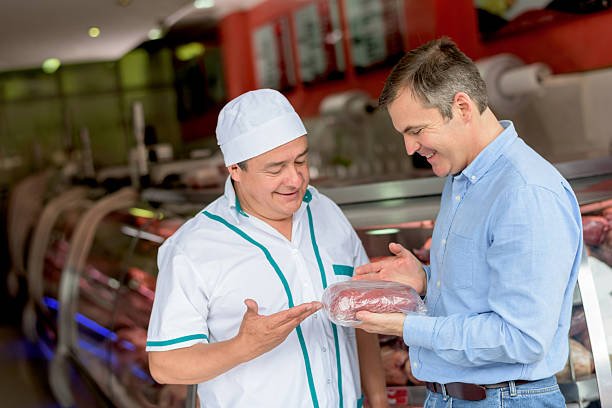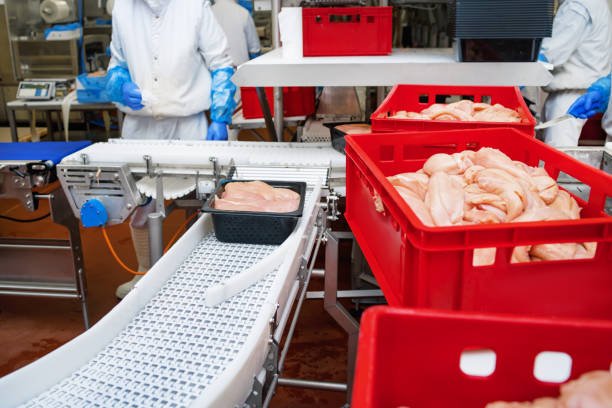Food security is a critical issue facing many communities worldwide. It involves ensuring that all people have access to sufficient, safe, and nutritious food at all times. Frozen chicken suppliers are vital in this effort, providing a reliable source of high-quality protein. This article explores how frozen chicken suppliers contribute to food security and why their role is essential for global food systems.
The Role of Frozen Chicken in Food Security
Why Is Frozen Chicken Important for Food Security?
Frozen chicken offers several advantages that make it crucial for food security:
- Long Shelf Life: Freezing extends the shelf life of chicken, reducing waste and ensuring a stable supply.
- Nutritional Value: Frozen chicken retains its nutritional value, providing a rich source of protein and essential nutrients.
- Accessibility: Frozen chicken is more accessible in areas with limited fresh food options, ensuring a reliable protein source.
How Do Suppliers Ensure Quality and Safety?
Suppliers use advanced freezing techniques and strict quality control measures to ensure the safety and quality of frozen chicken. This includes:
- Rapid Freezing: Quick-freezing methods lock in freshness and prevent the growth of harmful bacteria.
- Quality Assurance: Regular inspections and adherence to safety standards like HACCP and ISO 22000 ensure high-quality products.
- Traceability: Implementing traceability systems to track the origin and handling of chicken products.
Benefits of Frozen Chicken for Food Security
What Are the Key Benefits?
Frozen chicken suppliers contribute to food security in several ways:
- Reduced Food Waste: The extended shelf life of frozen chicken reduces spoilage and waste, ensuring more efficient use of resources.
- Stability of Supply: Frozen chicken can be stored and distributed over long periods, providing a stable food supply even during disruptions.
- Affordability: The cost-effectiveness of frozen chicken makes it an affordable protein source for low-income communities.
How Does Frozen Chicken Support Global Food Systems?
Frozen chicken plays a significant role in supporting global food systems by:
- Enhancing Food Distribution: Easier to transport and store, frozen chicken helps bridge the gap between production and consumption areas.
- Supporting Emergency Relief: Frozen chicken can be stockpiled and distributed during emergencies, providing a reliable food source in crisis situations.
- Promoting Nutritional Security: As a nutrient-dense food, frozen chicken helps combat malnutrition and supports overall health.
Challenges and Solutions in the Frozen Chicken Supply Chain
What Challenges Do Suppliers Face?
Frozen chicken suppliers encounter several challenges, including:
- Logistical Issues: Transportation and storage require significant infrastructure and coordination.
- Energy Consumption: Freezing and maintaining frozen products consume considerable energy, impacting environmental sustainability.
- Market Fluctuations: Variations in demand and supply can affect pricing and availability.
How Are These Challenges Addressed?
Suppliers address these challenges through:
- Innovative Logistics Solutions: Implementing advanced logistics and cold chain management to ensure efficient transportation and storage.
- Energy-Efficient Technologies: Investing in energy-efficient freezing and refrigeration technologies to reduce environmental impact.
- Market Strategies: Developing strategies to manage market fluctuations, such as diversifying supply sources and adopting flexible pricing models.
Conclusion
Frozen chicken suppliers play a crucial role in enhancing food security by providing a reliable, nutritious, and accessible source of protein. Through advanced freezing techniques, strict quality control, and innovative logistics solutions, they ensure that high-quality chicken products are available to communities worldwide. By reducing food waste, supporting emergency relief, and promoting nutritional security, frozen chicken suppliers contribute significantly to global food systems and help address the challenges of food insecurity.


